Empowering Rural Women in Colombia as Mangrove Guardians
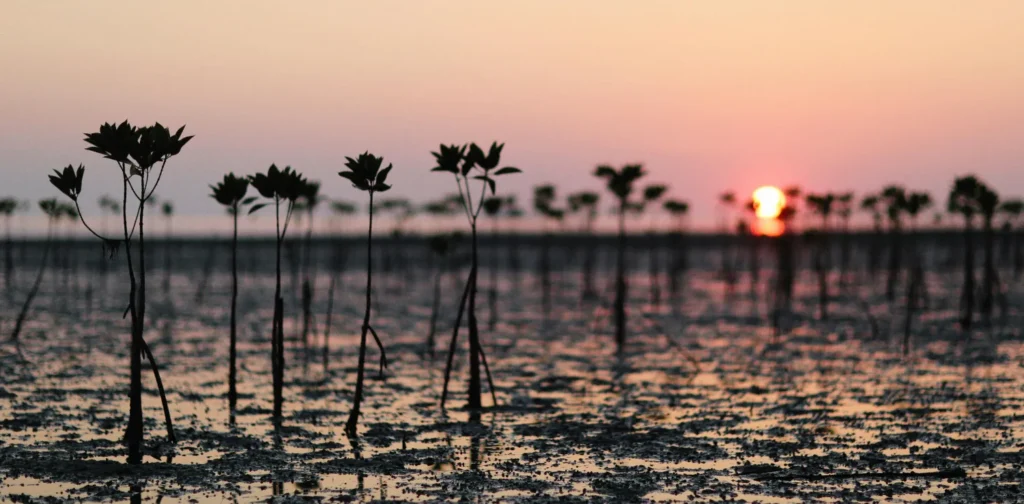
Photo by Alexey Demidov
Women have been involved in economic activities for generations and have developed valuable knowledge and skills in the process. In Colombia, rural women gather local mollusks from mangrove forests for a living, but changes in land use and deforestation are threatening their source of income. To address this, the Roots: Women Sowers of Change program assists rural women by empowering them economically and supporting their roles as guardians of the mangrove ecosystem.
Loss of Mangroves, Loss of Livelihood
Mangroves have a vital role in coastal ecosystems as carbon absorbers and habitats for countless species. Unfortunately, they are facing rapid deforestation. Among South American countries, Colombia has the highest annual deforestation rate of mangroves. From 1984 to 2020, mangrove areas in Colombia shrank from about 331,356 hectares to around 283,419 hectares. This means that Colombia lost roughly 14% of its mangrove forests.
Besides the negative environmental impacts, the loss of mangroves could also mean a loss of livelihood for rural communities. This is true for the Conchera (shell) women in Nariño, Colombia, who have traditionally collected piangua, a local mollusk popular for consumption.
For generations, they have been hand-harvesting this mollusk from nearby mangrove forests, then selling and cooking it. However, rapid deforestation has threatened their source of income. Locals estimate that piangua harvest has decreased by 40% in recent years.
Rural Women to Safeguard Mangroves
The Colombian shell women understand that protecting mangroves is essential for the health of the mollusk population. They learn sustainable harvesting and processing techniques from other women in their families and communities. Through the Roots: Women Sowers of Change program, these women have become guardians of the mangroves to protect their source of income while also conserving the forests.
As part of this initiative, hundreds of shell women cleaned and planted over 6,000 mangrove seedlings, contributing to the recovery of three hectares of forest. Each woman receives 1 million pesos per month as supplementary income to clean and protect the mangroves.
Furthermore, the program teaches important skills, such as business planning and financial management, emphasizing the value of supporting one another. Additionally, the program plans to introduce better technology to help women process piangua more efficiently.
Collaboration and Better Policy for Sustainable Future
Colombian shell women’s experience as mangrove guardians underlines the crucial role rural women could play in protecting nature. However, this should not be the only pathway.
Industries need to recognize the wide-ranging effects of deforestation on local communities and biodiversity and promptly adopt sustainable practices. Meanwhile, governments must recognize the importance of collaboration in taking action on mangrove restoration and urge policymakers to establish better policies to protect mangroves and natural resources. These actions will help secure local livelihoods, preserve biodiversity, and ensure a healthy ecosystem for a sustainable future that benefits everyone.
Editor: Nazalea Kusuma

Join Green Network Asia Membership
Amidst today’s increasingly complex global challenges, equipping yourself, team, and communities with interdisciplinary and cross-sectoral insights on sustainability-related issues and sustainable development is no longer optional — it is a strategic necessity to stay ahead and stay relevant.
Dinda Rahmania
Dinda is an Assistant of International Partnerships at Green Network Asia. She holds a bachelor’s degree in International Relations from President University. As part of the GNA In-House Team, she supports the organization’s partnerships with international organizations, governments, businesses, and civil society worldwide through digital publications, events, capacity building, and research.


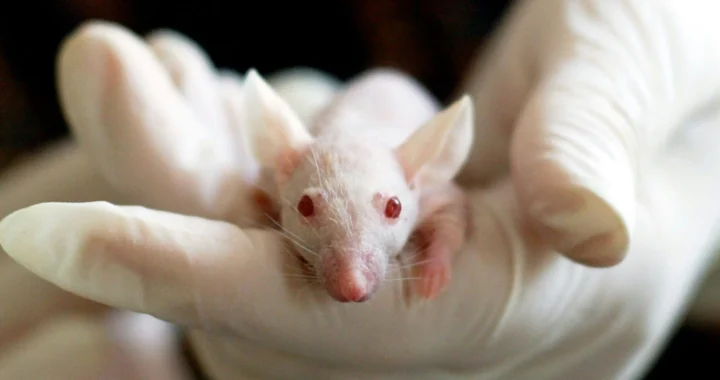 Exploring Technological Advancement to Replace Animal Testing
Exploring Technological Advancement to Replace Animal Testing 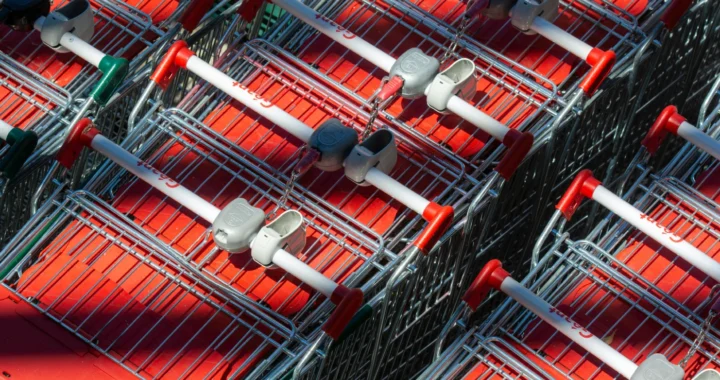 Addressing Overconsumption for Transformational Changes
Addressing Overconsumption for Transformational Changes 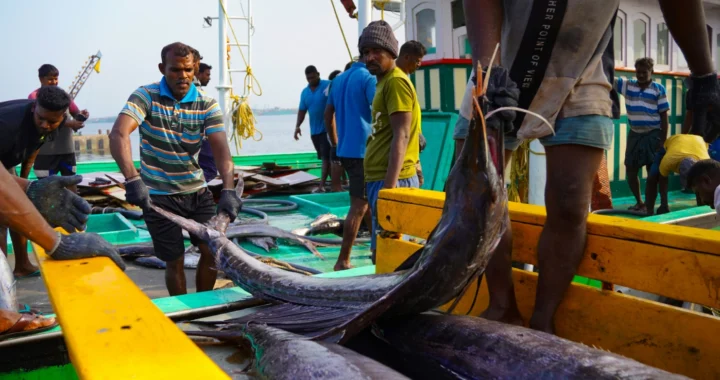 Global Reform on Fisheries Subsidies Signals a Hopeful Shift Toward Ocean Sustainability
Global Reform on Fisheries Subsidies Signals a Hopeful Shift Toward Ocean Sustainability  A Major Cause of Changing Rainfall Patterns
A Major Cause of Changing Rainfall Patterns 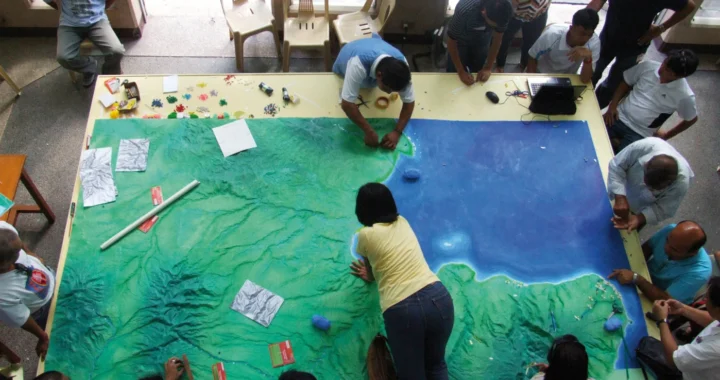 Strengthening Disaster Risk Governance at Local Levels
Strengthening Disaster Risk Governance at Local Levels 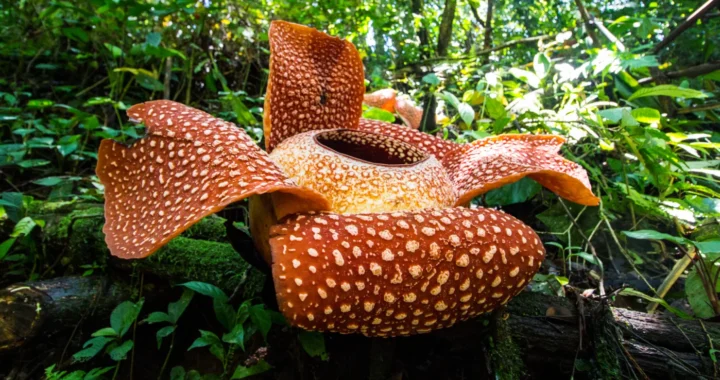 Recognizing the Role of Local Communities in Biodiversity Conservation
Recognizing the Role of Local Communities in Biodiversity Conservation